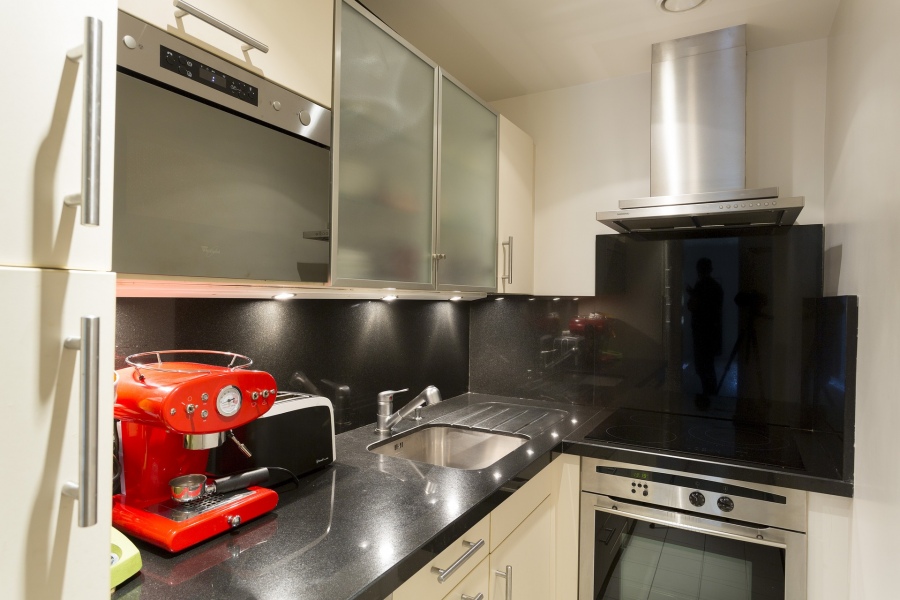When it comes to hiring the right contractor at the right price, getting a detailed bid is essential. This will ensure you have a clear understanding of what the contractor will be doing , what it is going to cost you and what responsibilities you have in bringing the project to completion. Here is some important that should be included in a bid.
Materials Being Used
A bid should clearly outline all of the materials being used and how much they cost. It is important to know what types of materials the contractor will be using since this can help you in deciding which one to hire. Some contractors might use lower quality materials, which accounts for their lower bid price—while you may not care about having top-of-the-line materials for everything, you definitely do not want shoddy ones either just to save some money. Sometimes a bid may not include items that the contractor assumes you would have purchased yourself—for example, he may quote the cost of laying tile in your bathroom but not the cost of tiles, which is usually something the homeowner purchases on his own. To accurately evaluate the cost of hiring a particular contractor, it is important to have a clear idea of what is included in the bid and what has been left out.
Scope of the Work
Another important factor in evaluating a contractor’s bid is the scope of the work being quoted. You need to have a very clear understanding of what activities have been included and what is not. Do not assume anything will be done because it seems like something the contractor would do given the project at hand; if it is not in the bid, make sure you ask. For example, if your contractor listed his costs for installing new drywall, but did not note anything about ripping down the old, ask if this is figured in, needs to be added to his services or is something you will have to hire someone else to do.
Payment Terms
This is probably one of the most important aspects of the bid and the one you should have the clearest understanding about. Contractors operate differently when it comes to matters of payment and this can be a big determining factor in which one you end up choosing. Some contractors require full payment upfront before the job even starts—though most experts would advise against working with anyone who operates in this manner; on a somewhat related note, you may also want to avoid any contractor that only accepts cash payments. Some will require payments in increments while others may only have you pay the cost of materials upfront and not pay labor until the job is done. It is important to keep in mind, however, that if your desired contractor does not present the payment terms most favorable to your financial situation, it does not hurt to negotiate; they may be flexible on how they normally accept payments if it means getting your business.
How Long is a Bid Good For?
When evaluating a bid from a contractor, it is important to find out how long it will be valid. Many factors can affect the present bid. Material prices can go up. Maybe the contractor is in a particularly slow period and went a littler lower to increase his chances of getting the job. Make sure you find out how long the current bid will be valid for and if possible, see if the contractor can give you any projected changes based on starting the job at a later time.
Kelli Cooper, writing for Accent Building Products, is a freelance writer who has covered a range of topics in the home improvement arena, from green living to how to make a home more asthma-friendly.





